
Romain Gary was a Jewish-French novelist, film director, World War II aviator and diplomat. He also wrote under the pen name Émile Ajar . Born Roman Kacew (Yiddish: קצב, Russian: Кацев), Romain Gary grew up in Vilnius to a family of Lithuanian Jews. He changed his name to Romain Gary when he escaped occupied France to fight with Great Britain against Germany in WWII. His father, Arieh-Leib Kacew, abandoned his family in 1925 and remarried. From this time Gary was raised by his mother, Nina Owczinski. When he was fourteen, he and his mother moved to Nice, France. In his books and interviews, he presented many different versions of his father's origin, parents, occupation and childhood. He later studied law, first in Aix-en-Provence and then in Paris. He learned to pilot an aircraft in the French Air Force in Salon-de-Provence and in Avord Air Base, near Bourges. Following the Nazi occupation of France in World War II, he fled to England and under Charles de Gaulle served with the Free French Forces in Europe and North Africa. As a pilot, he took part in over 25 successful offensives logging over 65 hours of air time. He was greatly decorated for his bravery in the war, receiving many medals and honors. After the war, he worked in the French diplomatic service and in 1945 published his first novel. He would become one of France's most popular and prolific writers, authoring more than thirty novels, essays and memoirs, some of which he wrote under the pseudonym of Émile Ajar. He also wrote one novel under the pseudonym of Fosco Sinibaldi and another as Shatan Bogat. In 1952, he became secretary of the French Delegation to the United Nations in New York, and later in London (in 1955). In 1956, he became Consul General of France in Los Angeles. He is the only person to win the Prix Goncourt twice. This prize for French language literature is awarded only once to an author. Gary, who had already received the prize in 1956 for Les racines du ciel , published La vie devant soi under the pseudonym of Émile Ajar in 1975. The Académie Goncourt awarded the prize to the author of this book without knowing his real identity. A period of literary intrigue followed. Gary's little cousin Paul Pavlowitch posed as the author for a time. Gary later revealed the truth in his posthumous book Vie et mort d'Émile Ajar . Gary's first wife was the British writer, journalist, and Vogue editor Lesley Blanch (author of The Wilder Shores of Love ). They married in 1944 and divorced in 1961. From 1962 to 1970, Gary was married to the American actress Jean Seberg, with whom he had a son, Alexandre Diego Gary. He also co-wrote the screenplay for the motion picture, The Longest Day and co-wrote and directed the 1971 film Kill! , starring his now ex-wife Seberg. Suffering from depression after Seberg's 1979 suicide, Gary died of a self-inflicted gunshot wound on December 2, 1980 in Paris, France though he left a note which said specifically that his death had no relation with Seberg's suicide.
Books
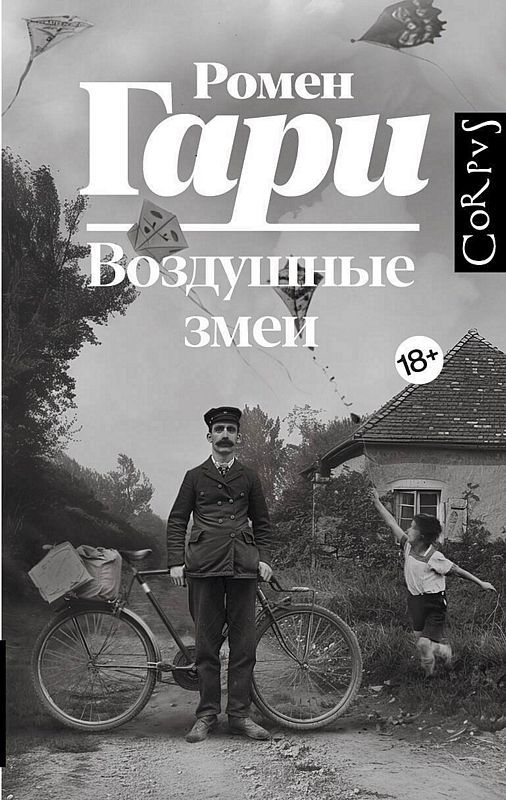
Воздушные змеи
2024

Au-delà de cette limite votre ticket n'est plus valable
1975

Clair de Femme
1977

Петдесет велики разказвачи
2011

Goodbye, Gary Cooper
1964

La Danse de Gengis Cohn
1967

مردی با کبوتر
1984
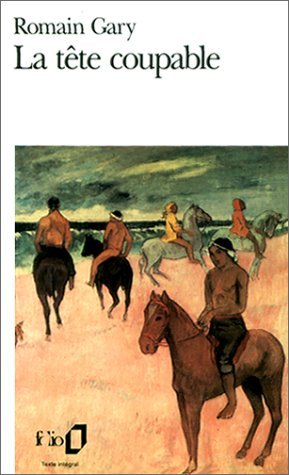
Повинная голова
1968

Une page d'histoire et autres nouvelles
2002

L'Angoisse du roi Salomon
1979

Les Clowns lyriques
1952
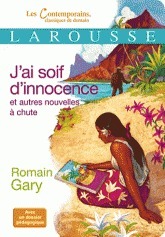
J'ai soif d'innocence et autres nouvelles à chute
2012
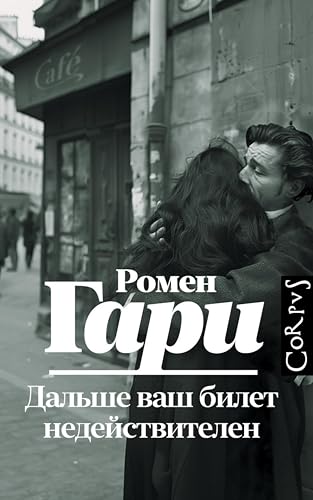
Дальше ваш билет недействителен
2024

Hibuk-Gadol
1974

Éducation européenne
1944
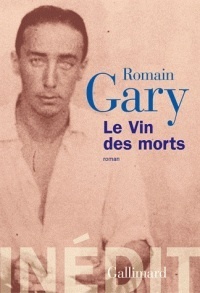
Le Vin des morts
2014

The Gasp
1978

Éducation européenne / La vie devant soi
1945

La Nuit sera calme
1974

L'orage
2005

Europa
1972

The Kites
1980

Tulipe
1946

The Roots of Heaven
1956

Birds Fly Away to Die in Peru
1962

Les enchanteurs
1973

Lady L
1957

The Cloakroom
1949

Les Têtes de Stéphanie
1974

Chien blanc
1970

La vie devant soi
1975
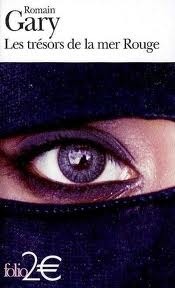
Les trésors de la mer Rouge
1971

Pseudo
1976

Vie et mort d'Émile Ajar
1981

بیست و یک داستان از نویسندگان معاصر فرانسه
2005

Promise at Dawn
1960

Les mangeurs d'étoiles
1966
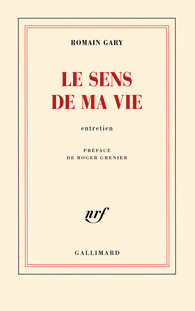
Le sens de ma vie. Entretien
2014